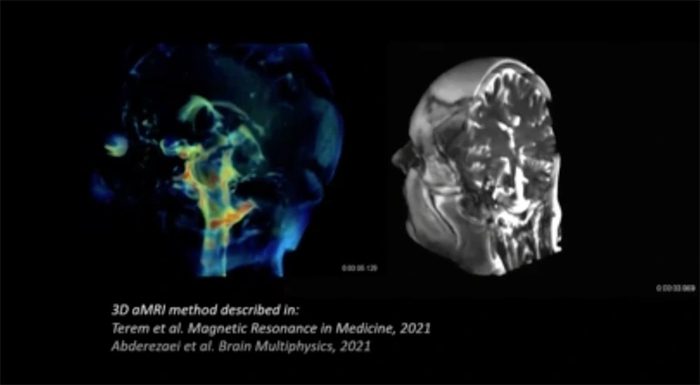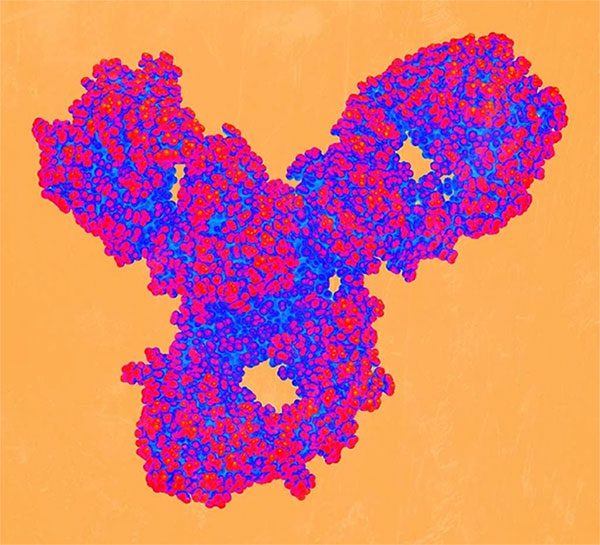A research team has developed an antibody that activates the opening of the blood-brain barrier, allowing drugs to enter for the treatment of neurological diseases.
The human brain has a blood-brain barrier that serves to protect it, isolating it completely from the general blood circulation. This barrier is crucial in preventing harmful molecules from infiltrating the central nervous system.
Recently, a research team discovered a way to temporarily break this barrier and deliver drugs directly to the brain. The brain is composed of billions of neurons, which are vulnerable and essential for normal body function, protected by the meninges and skull.

The blood-brain barrier acts as a boundary separating the brain from the rest of the body. (Image taken from clip).
The blood-brain barrier functions as a boundary that separates the brain from the rest of the body. It controls the factors that can penetrate into the brain and plays a role in filtering and preventing toxic molecules from entering.
Logically, this means that the blood-brain barrier also obstructs certain types of therapeutic drugs, hindering the treatment of neurological diseases. Therefore, researchers at Yale University (USA) developed a system that allows the blood-brain barrier to open temporarily for a predetermined period, enabling drug delivery to the brain.
This is the first time a research team has been able to temporarily stabilize the blood-brain barrier to facilitate the treatment of brain disorders. The human brain has a WNT signaling pathway that is involved in maintaining the integrity of the barrier between the brain and the rest of the body.
The Unc5B receptor can control this pathway by keeping the barrier selectively permeable. To achieve this, it must be connected to its ligand, Netrin-1.

An antibody can temporarily stabilize the blood-brain barrier, allowing drug delivery for the treatment of neurological disorders (Image: Fotolia).
An antibody that activates the opening of the blood-brain barrier on demand
Based on this principle, the authors developed an antibody capable of binding to Netrin-1. When the binding site of Netrin-1 with the Unc5B receptor is blocked by an antibody, the blood-brain barrier opens.
The first developed antibody was injected into adult mice, showing that the pathway to the brain remained open until the body eliminated the injected antibody. Therefore, this system maintains the blood-brain barrier in a temporarily open and reversible state during the drug treatment process through antibody injection.
This discovery could be a game-changing tool in managing central nervous system diseases such as Parkinson’s disease, multiple sclerosis, Alzheimer’s disease, or brain cancer.

















































